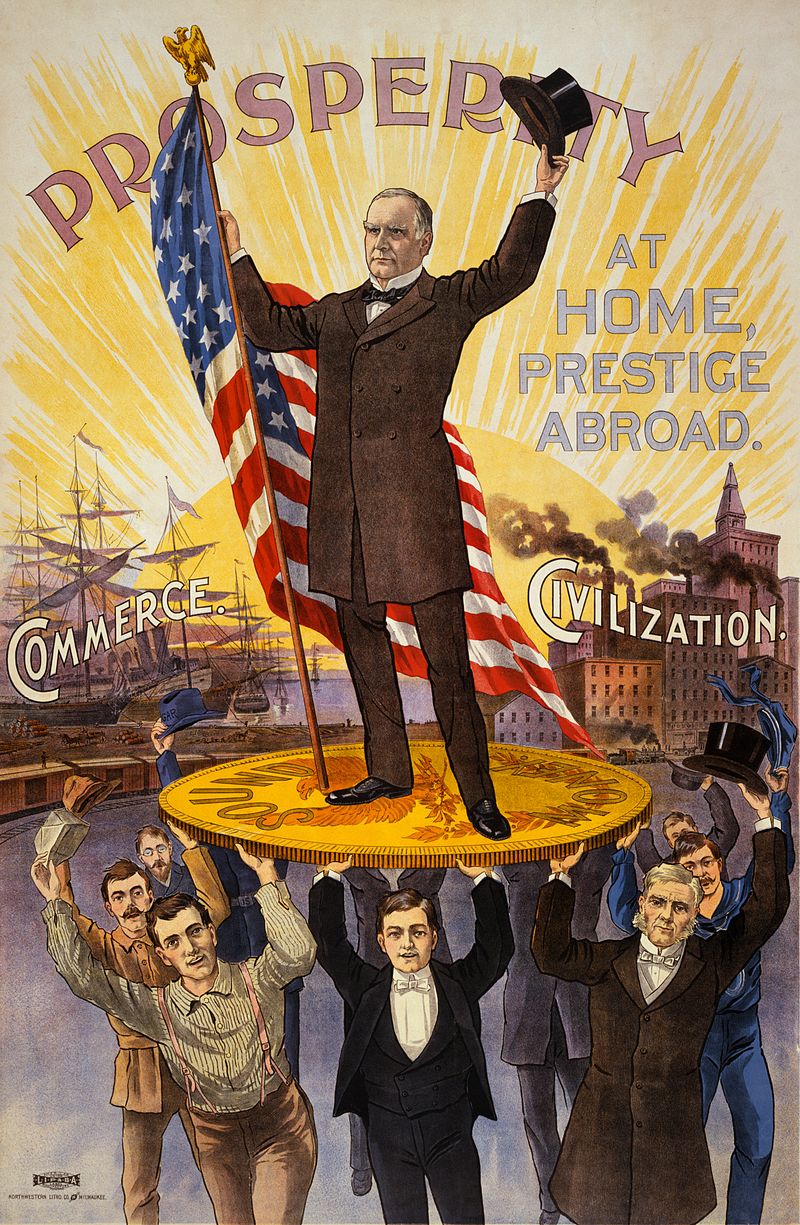Key Takeaways
- Capitalism is an economic system where trade and industry are controlled by private owners, whereas democracy is a political system where people have a say in who holds power.
- Capitalism emerged and grew significantly after industrialization, whereas democracy emerged with the concept of the modern state, replacing traditional monarchy systems.
- While both systems have evolved over time, capitalism is still associated with worker alienation, and democracy can sometimes fail due to loopholes in the political system.
Capitalism and Democracy are two distinct systems that play significant roles in the modern world. Capitalism refers to an economic system where a country’s trade and industry are controlled by private owners. The growth of capitalism can be traced back to the history of the world and became more evident after industrialization. On the other hand, democracy refers to a political system where the people have a say in who should hold power. The emergence of democracy coincides with the concept of the modern state, replacing traditional monarchy systems. The key difference between capitalism and democracy is that while capitalism pertains to the economy of the state, democracy pertains to politics.
What is Capitalism?
Capitalism, as defined by the Oxford English Dictionary, is a system where a country’s trade and industry are controlled by private owners. In traditional societies, capitalist features were not as apparent. However, after industrialization, the capitalist enterprise flourished, and the production was owned by a small minority. The majority of workers in society had neither control over the production of goods nor ownership. In this process, monetary value gained significance as workers were hired for labor, often working long hours in insufferable conditions for little pay. Although the adverse conditions of capitalism have improved over the years, sociologists argue that workers have become alienated from their work and society. The growth of capitalism has become widespread and now serves as one of the founding pillars of society.
What is Democracy?
Democracy is a form of government in which people have a say in who should hold power. Seymour Lipset explains that democracy as a political system supplies regular constitutional opportunities for changing governing officials and a social mechanism that allows the largest possible part of the population to influence major decisions by choosing among contenders for political office. The idea of democracy emerged with the concept of the modern state, replacing more traditional systems like monarchy. It is important to note that although democracy is widely established, it cannot be observed everywhere. Additionally, loopholes in the political system can sometimes lead to the failure of democracy. This indicates a clear difference between capitalism and democracy.
What is the Difference Between Capitalism and Democracy?
Definitions of Capitalism and Democracy:
Capitalism: It is a system in which a country’s trade and industry are controlled by private owners.
Democracy: It is a form of government in which the people have a say in who should hold power.
Characteristics of Capitalism and Democracy:
Relevance:
Capitalism: Capitalism is related to the economy.
Democracy: Democracy is related to politics.
Power:
Capitalism: The workers are mostly powerless due to the very structuring of capitalism.
Democracy: The individual has a lot of power in the political agendas of the country.
Change:
Capitalism: Although the working conditions have certainly improved over the years, the individual ability to bring about change is rather minimal.
Democracy: The individual can bring about changes as large populations influence state-level decisions.
